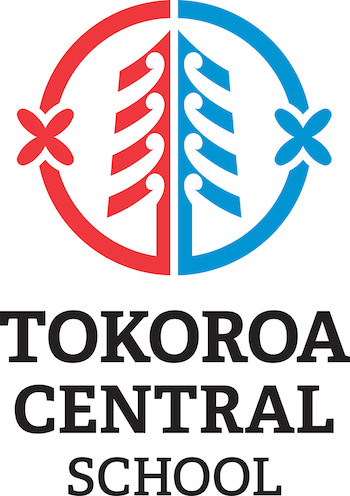We believe that all children have the right and ability to learn; we have high expectations of every student. Each child is an individual with differing needs, talents and abilities. Children learn at different rates and in different ways and we acknowledge this by providing a range of activities and settings for learning. On-going assessment informs the planning of programmes.
Students need to know what they are learning, why they are learning it and what they need to learn next. Our focus is on ensuring students understand the process of learning, how knowledge is created and what their role is in creating it.
A variety of effective teaching strategies and approaches are used to achieve success in learning. These include: an inquiry based approach, problem solving, authentic learning experiences that relate to real life contexts, co-operative learning, ability based individualised and group learning, interactive and ‘hands on’ experiences, use of the environment and peer tutoring. We believe it is our responsibility to offer children the best and most effective strategies to suit their learning needs.
Tokoroa Central School is a well-resourced school, providing students with the opportunity to use a range of tools to support their learning, i.e. ipads, chromebooks , apple tv, digital cameras etc. The Arts and Physical Education is another aspect of learning that we value. There are opportunities for your child to join Kapa Haka, Pasifika dance, drumming and sports such as soccer, netball, basketball, touch and others.
It is our aim to establish a life-long love of learning that will set all children up for success.
Education Review comments (August 2018)
2.1 What school processes and practices are effective in enabling achievement of equity and excellence, and acceleration of learning?
The school’s curriculum is highly inclusive. There is a consistent, settled tone across classes. Teachers know their students well and create supportive learning environments for students with additional needs through adaptive teaching approaches. School self-review shows students and whānau feel their cultures are celebrated and respected. The curriculum includes a levelled, sequential te reo and tikanga Māori programme. Aspects of Māori and Pacific cultures are visible in the classrooms and throughout the school providing equity of culture school-wide.
Effective teaching practices support the learning of all students. Teachers track and monitor student progress over time, and learning is differentiated according to the needs of the students. Planning for students whose learning is at risk is coherent and specific, and includes the identification of next learning steps. Learning intentions and activities are clearly displayed and used by students to take some ownership of their progress. Teachers provide useful formative feedback to students and formative assessment is used in teacher planning. A robust moderation and data management process ensures consistent practice across classrooms and enables the special education needs coordinator to closely monitor student progress. These practices and processes effectively enable acceleration of learning for at-risk learners.
Reciprocal and respectful relationships support learning, and emotional and social wellbeing of students. Parents and caregivers feel welcome at the school. There are high levels of personalised communication between teachers and whānau. Parents are well informed about their children’s progress and learning, including rates of acceleration and progress towards expected curriculum levels. Teachers provide strategies which enable parents to support their children’s learning at home. Productive relationships with whānau enable students with additional needs to access appropriate external support and improve equitable learning outcomes.
Well-informed and capable leaders prioritise the acceleration of student learning. Achievement targets are set at board level for all students whose learning is at-risk. There are thorough and well-embedded systems to track and monitor student progress over time. Achievement data is regularly collected and analysed to inform next steps for Māori and other at-risk students. Throughout the year, leaders provide trustees with ongoing data analysis about rates of acceleration for target students.
School improvement processes are clearly aligned to the school’s strategic goals. Internal evaluation processes are systematic and purposeful. School review is informed by the use of information from multiple sources, including student and community voice. Trustees and leaders make strategic decisions based on qualitative and quantitative data and research. Professional development opportunities and personalised mentoring of teachers is underpinned by the need to support and accelerate the progress of all at-risk learners, including students with additional learning needs.
